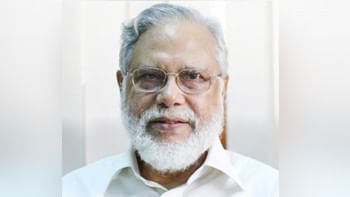Tinted windows in vehicles
IN recent times, it seems the war on tinted windows has become a major issue in the fight against crime. Shortly after the Narayanganj incident, Bangladesh High Court issued a ruling to ban all tinted windows on vehicles. So, the question arises as to how tinted windows play a part in crime. To come to a solution we must evaluate certain facts about this and how such a system can be handled through proper management.
Tinted windows are used (1) to get relief from the extreme heat, and (2) many VIPs, company heads and people from all walks of life believe it provides a semblance of security from crimes being committed in broad daylight at traffic stops. The objection that law enforcement agencies have raised against tinted vehicles is that kidnappings and killings may be carried out behind tinted windows, but it can also be argued that criminals may utilise the trunk of their cars for the same purpose. Are we to do away with trunks as well?
The order issued by the High Court requires that all tinted windows have to be removed from cars, except for a few government vehicles used by persons who require high security. Law enforcement authorities have been conducting spot checks to stop vehicles with tinted glass and fining them.
A possible solution to this might be fixing a fee for vehicles that want to continue with tinted windows. The fee can be yearly and based upon the locality of the vehicle, a nominal amount of Tk. 500-1000 could be charged. All vehicles wishing to avail this facility must have current registration and up-to-date paperwork. The vehicles can be taken to the nearest precinct and, after verification, a sticker can be put up on the front glass, visible enough for authorities to view it without having to stop the vehicles and slowing down traffic as a result. This will not only assist with crime control but also eliminate the hassle of spot checks. It could also expedite field operations as well as ensure public safety. The proposed method might be a deterrent to crime. It will also lead to increased cooperation between the law enforcement authorities and the civil society.
The writer is CEO of SolarCon Bangladesh.

 For all latest news, follow The Daily Star's Google News channel.
For all latest news, follow The Daily Star's Google News channel. 



Comments